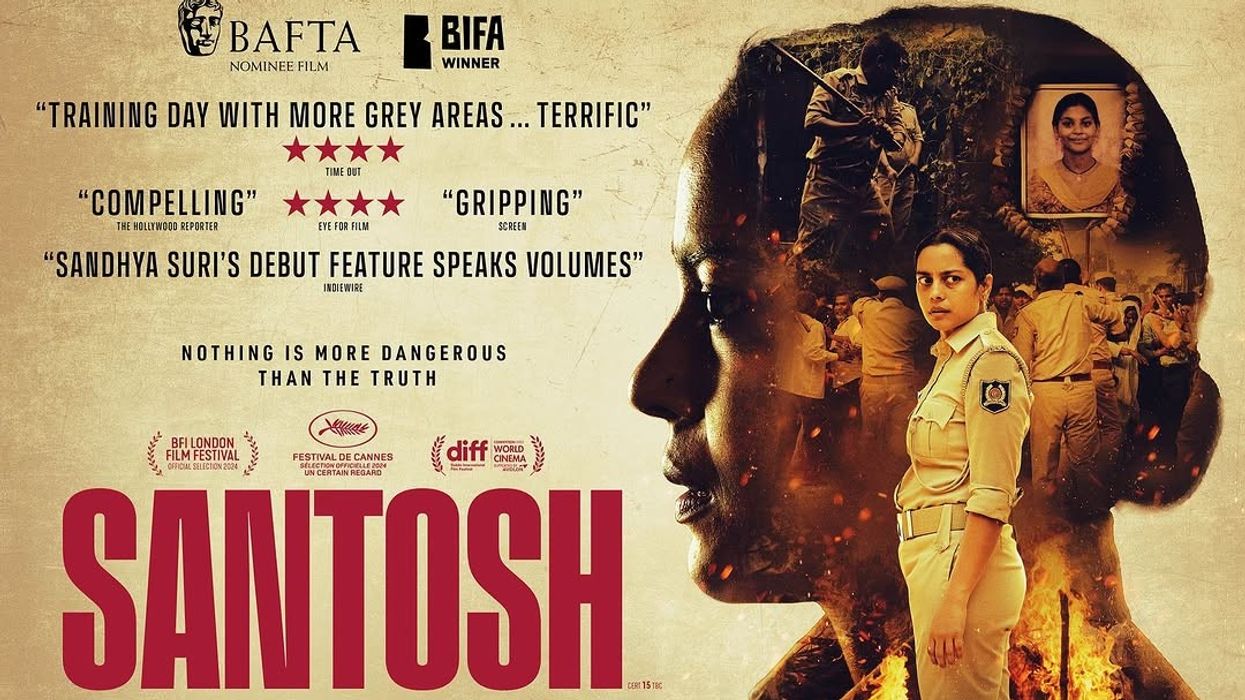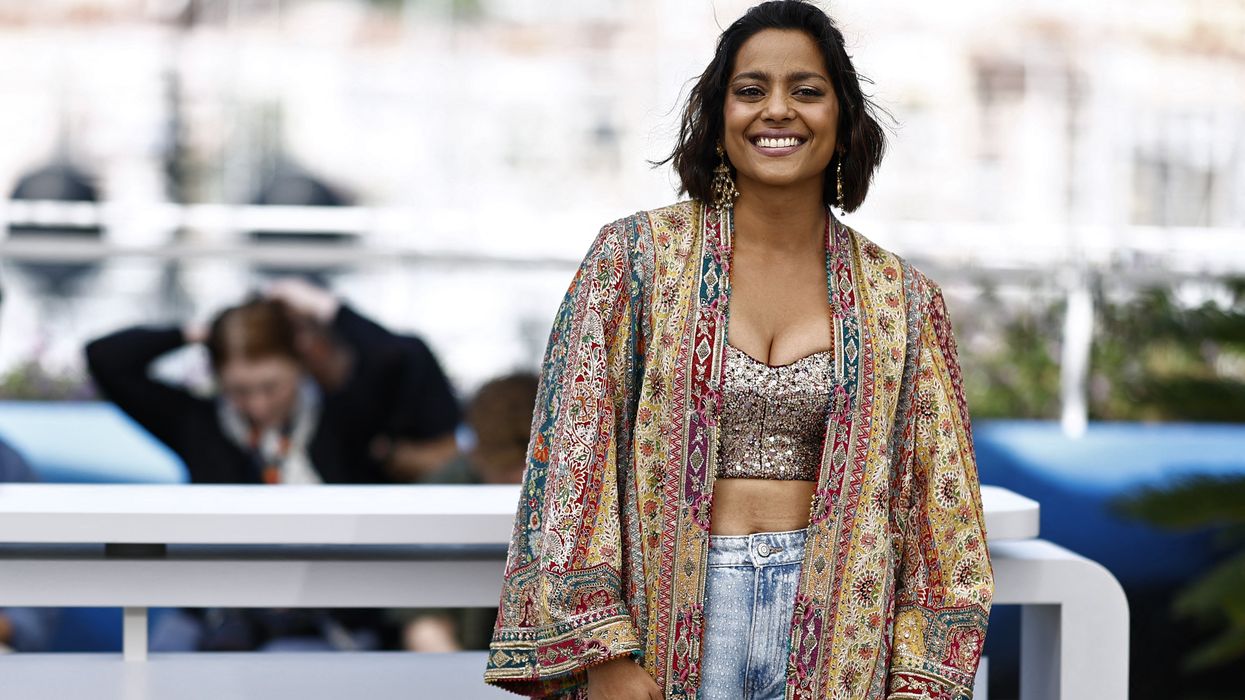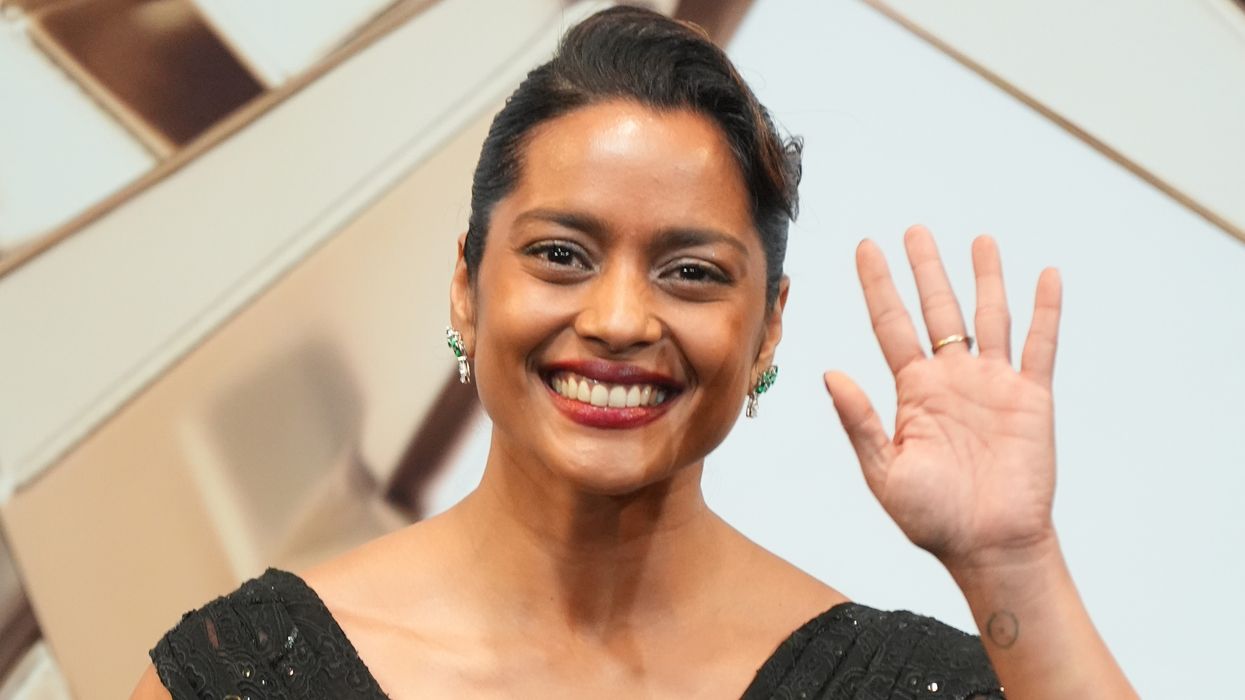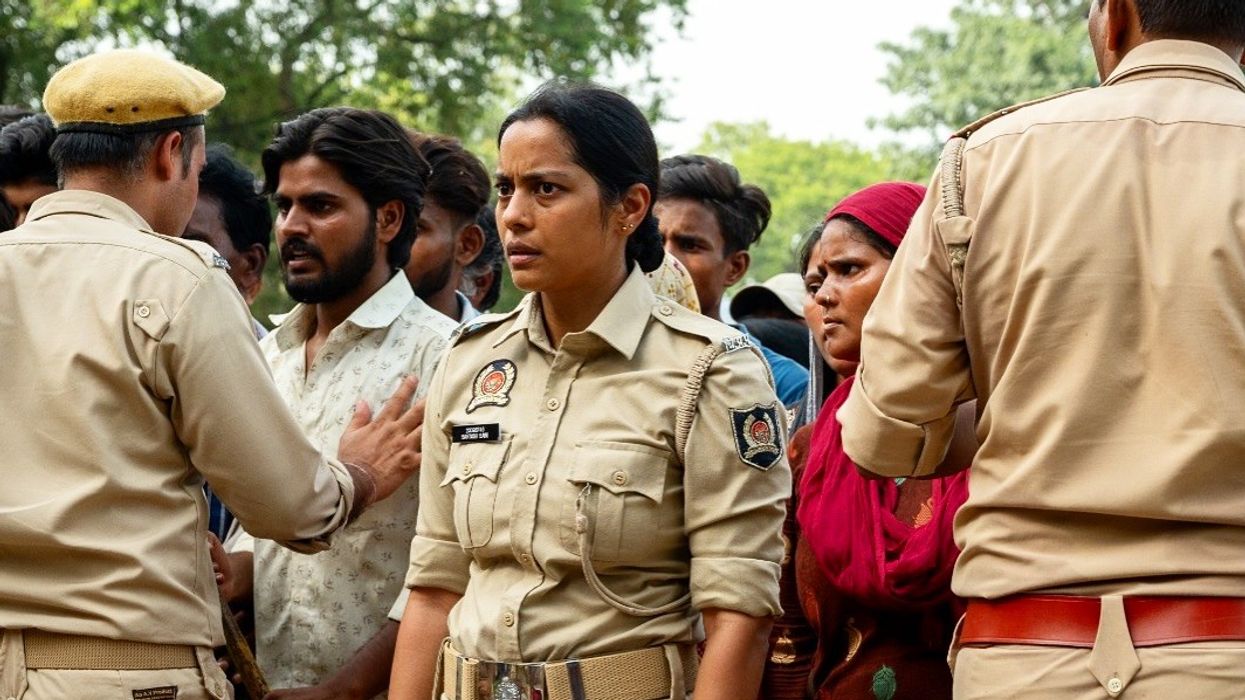Indian censor board blocks Shahana Goswami’s Oscar-shortlisted film ‘Santosh’ from release in India due to controversial subject matter
The acclaimed film, tackling caste violence and police brutality, faces a theatrical ban in India despite international recognition.
The highly anticipated film Santosh, which gained international recognition and was the UK’s official entry for the Oscars, has been denied a theatrical release in India. The decision by the Central Board of Film Certification (CBFC) has sparked debate over censorship and the challenges faced by filmmakers tackling social issues.
Directed by British-Indian filmmaker Sandhya Suri, Santosh tells the story of a young widow who joins the police force and is assigned to investigate the murder of a Dalit girl. The film sheds light on caste discrimination, police brutality, gender violence, and Islamophobia, all topics that remain contentious in India.
- YouTubeyoutu.be
The CBFC reportedly demanded numerous cuts that would significantly alter the film’s message, leading the filmmakers to reject the changes. Actor Shahana Goswami, who plays the lead, expressed disappointment over the situation, revealing that while the film had been approved at the script stage, it was later blocked due to its sensitive content.
Despite its rejection in India, Santosh has been well received internationally. The film premiered in the Un Certain Regard section at the Cannes Film Festival and was shortlisted for an Oscar nomination. It also received a BAFTA nomination for Best Debut Feature, with Goswami winning Best Actress at the Asian Film Awards.

Interestingly, Santosh was filmed entirely in India, featuring an Indian cast and addressing issues deeply rooted in the country’s socio-political fabric. However, its critical portrayal of law enforcement and systemic discrimination led to its censorship ultimately raising concerns about artistic freedom.

The rejection of Santosh is not an isolated case though. Indian filmmakers have long struggled with censorship when dealing with politically sensitive topics. While films tackling similar themes have been released in the past, Santosh seems to have struck a nerve due to its unfiltered storytelling and morally complex characters.

Director Sandhya Suri expressed her frustration, questioning why a film that had already cleared script approval faced roadblocks at the final stage. “It was important for me that the people impacted by these issues get to see the film,” she said.
While Santosh remains unavailable in Indian cinemas, it has found a home on the streaming platform MUBI, allowing audiences to watch it outside the theatrical framework. Whether the film will ever see a domestic release remains uncertain, but its journey actually brings to light the ongoing struggle between artistic expression and censorship in Indian cinema.





